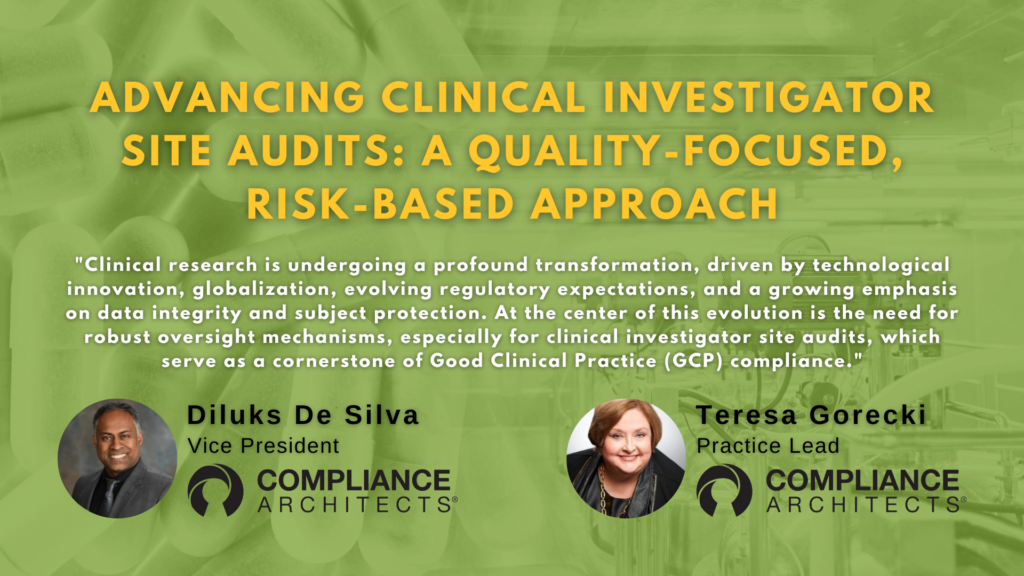MedTech: A Growing Industry for Mergers and Acquisitions
The MedTech industry creates life-changing products to improve patient care. Companies in this field often merge, buy, or sell to grow their businesses.
But these deals do not always succeed. Problems can arise when companies do not plan well or fail to focus on quality. A strong quality culture is key to driving successful acquisitions in MedTech.
Table of Contents
What Makes a MedTech Acquisition Successful?

Strategic Fit
A good match is key. The acquired company should fit with the buyer’s goals, including having similar technologies, products, or markets. Ignoring the quality culture of the acquired company can lead to failure. For successful acquisitions in MedTech, both companies must align in their vision and practices.
Careful Research (Due Diligence)
Before the deal, both sides must do careful research. This helps uncover risks and opportunities, like:
- Financial health
- Regulatory compliance
- Operational processes
This step is essential for ensuring successful acquisitions in MedTech.
Smooth Integration
Merging two companies takes planning. It requires clear communication, well-defined roles, and a step-by-step plan. Without this, problems can pile up and slow progress. To achieve successful acquisitions in MedTech, integration planning must include quality considerations.
Keeping Key People
Losing essential employees from the acquired company can hurt progress. Their knowledge and skills are often the “secret sauce” that makes the company unique. Keeping these people is a big part of achieving successful acquisitions in MedTech.
Following Regulations
The MedTech industry has strict rules, and breaking them can lead to big problems. Careful planning is needed to meet all legal and safety requirements. Regulatory compliance is a cornerstone of successful acquisitions in MedTech.
How Quality Culture Helps Acquisitions

High Standards
A strong quality culture keeps both companies focused on doing things right. It ensures that products are safe, reliable, and meet customer expectations.
Easy Integration
When both companies value quality, merging systems and processes is easier. Shared goals reduce conflicts and speed up success, crucial for successful acquisitions in MedTech.
Driving Innovation
Quality-focused companies aim to improve all the time. This mindset leads to better products and outcomes for patients.
Reducing Risks
A strong focus on quality helps spot problems early. Fixing issues before they grow saves time, money, and reputation. This proactive approach is vital for successful acquisitions in MedTech.
Conclusion
Buying another company is a big step for MedTech businesses. To succeed, companies need a good match, a solid plan, and a strong focus on quality. By building a quality culture, companies can ensure successful acquisitions in MedTech that benefit their operations and patient care.
At Compliance Architects®, we help companies combine their strengths while staying compliant with regulations.
Contact us to learn how we can support your next acquisition and help you create innovative solutions for patients.
Frequently Asked Questions (FAQs)
Q1: Why is quality culture important in MedTech acquisitions?
A strong quality culture is key to successful acquisitions in MedTech. It helps both companies work together smoothly, ensures safety, builds trust, and encourages innovation.
Q2: How can companies identify an acquired organization’s “secret sauce”?
Key risks include misalignment of strategic goals, regulatory non-compliance, loss of key talent, and challenges in integrating systems and cultures. A proactive approach during due diligence and integration planning is essential to mitigate these risks.
Q3: What role does leadership play in successful acquisitions?
Leadership ensures that both companies’ vision, culture, and strategies align. Retaining leadership talent from the acquired organization supports continuity and leverages their expertise for smooth integration.
Q4: How can Compliance Architects® support MedTech acquisitions?
We provide expert guidance in regulatory compliance, integration planning, quality culture assessment, and risk management. Our team ensures your acquisition delivers maximum value while maintaining patient care priorities.
Q5: What are some common risks associated with MedTech acquisitions?
Key risks include misalignment of strategic goals, regulatory non-compliance, loss of key talent, and challenges in integrating systems and cultures. A proactive approach during due diligence and integration planning is essential to mitigate these risks.





